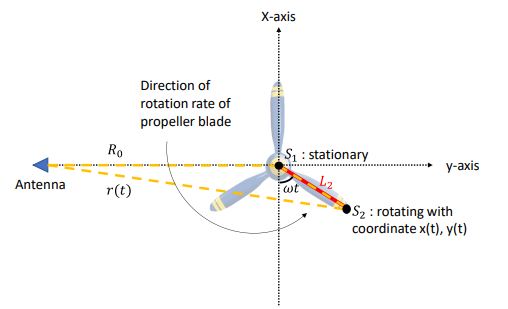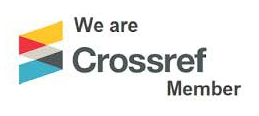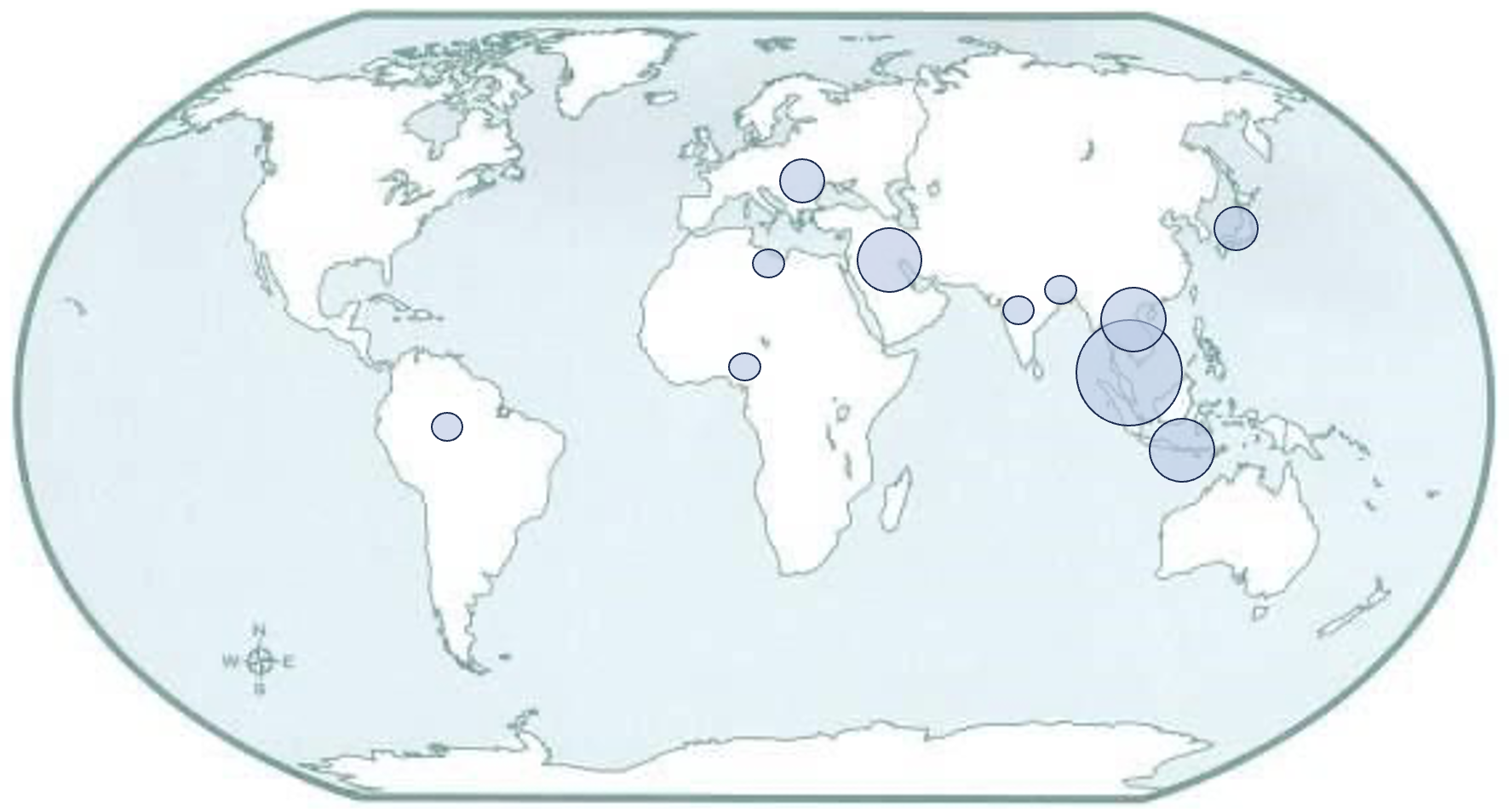Identification and Analysis of Micro-Doppler Signature of a Bird Versus Micro-UAV
DOI:
https://doi.org/10.37934/armne.16.1.102113Keywords:
Micro-UAVs, Micro-Doppler signature, radar application, CW radar, time-frequency analysisAbstract
The groundbreaking advancement of micro unmanned aerial vehicles (micro-UAVs) has been staggering. The diversity of micro-UAV operations is demanding in most sectors. However, the current regulatory framework for the civilian use of these devices is still insufficient. The operation of micro-UAVs may pose risks, including privacy violations and collision hazards. To address these concerns, a radar with advanced processing is needed. This study presents a preliminary design of an S-band continuous wave (CW) radar, which was simulated using MATLAB. The size of the rotating propeller blades of the micro-UAV ranges from 20 to 40 cm in length, while the size of a bird’s flapping wing measures 35 cm in length, comprising 22 cm for the upper arm and 13 cm for the lower arm. The analysis was conducted under hovering conditions, where the target's main body is stationary while its micro-parts move continuously. The Short-Time Fourier Transform (STFT) analysis successfully identified the unique signature of both targets. The results showed that the S-band CW radar design at 5 GHz is effective in extracting the micro-Doppler signature of a bird versus a micro-UAV. The extracted features can be used as additional characteristics for target classification in the future.









